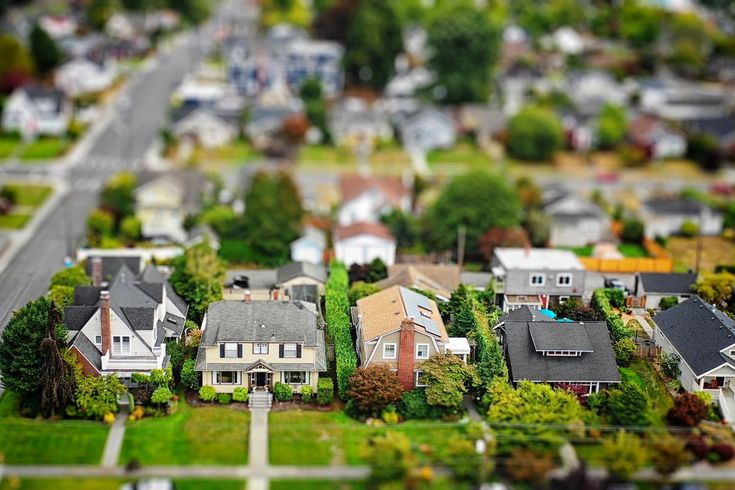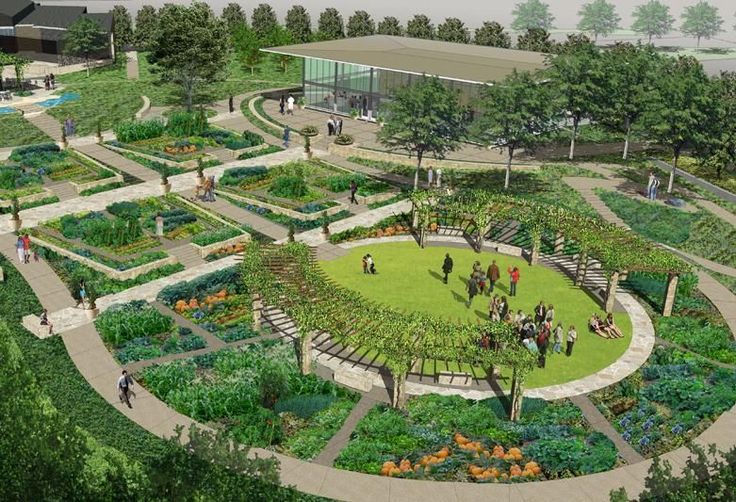_________________________________________________________________________________________
In a world where space is becoming an increasingly precious commodity, the ability to efficiently utilize the available space has become a crucial skill. Whether it’s in our homes, offices, or public spaces, optimizing the use of space not only enhances functionality but also promotes sustainability. In this blog, we will explore the importance of efficient space utilization and share practical tips on how to make the most out of the space you have.
The Significance of Efficient Space Utilization:
– Environmental Impact:
One of the primary reasons to focus on efficient space utilization is the positive impact it can have on the environment. Constructing new buildings and expanding infrastructure often leads to deforestation and increased energy consumption. By maximizing the use of existing spaces; we can minimize the need for new construction, reducing our ecological footprint and preserving natural habitats.

– Economic Benefits:
Efficient space utilization can also have significant economic benefits. In both residential and commercial settings, making the most of available space can lead to cost savings. In a business context, optimizing office layouts can reduce the need for larger premises, lowering rent and operational expenses. Similarly, homeowners can avoid unnecessary construction costs by maximizing the functionality of their existing space.
Practical Tips for Efficient Space Utilization:
– Multifunctional Furniture:
Investing in multifunctional furniture is a game-changer when it comes to efficient space utilization. Pieces that can serve multiple purposes, such as sofa beds, foldable tables, and storage ottomans, allow you to adapt your space to different needs without cluttering it with unnecessary items. This approach is particularly useful in smaller homes or apartments where every square foot counts.
– Vertical Storage:
Utilizing vertical space is a simple yet effective strategy for efficient space utilization. Wall-mounted shelves, cabinets, and hooks can help keep the floor clear, making the space feel larger and more organized. Vertical storage is especially valuable in areas like kitchens, bathrooms, and offices, where items tend to accumulate quickly.
– Open Concept Design:
In both residential and commercial settings, adopting an open concept design can create the illusion of a larger space. Removing unnecessary walls and barriers can enhance natural light penetration, improve air circulation, and provide a more flexible environment. This approach is particularly popular in modern office spaces, fostering collaboration and adaptability.
– Technology Integration:
The integration of technology can revolutionize space utilization. In offices, digital document storage and cloud-based collaboration tools reduce the need for physical file cabinets and storage rooms. Similarly, smart home devices and automation can streamline household activities, eliminating the need for bulky appliances and creating a more streamlined living space.
– Flexible Workspaces:
The rise of remote work has led to a reevaluation of traditional office setups. Adopting flexible workspaces that accommodate different work styles and preferences can significantly improve space utilization. Hot-desking, collaborative zones, and quiet corners allow employees to choose the environment that best suits their tasks, preventing the underutilization of office space.
– Strategic Zoning:
Dividing a space into zones based on functionality can help maximize its utility. In homes, creating distinct zones for work, relaxation, and dining can prevent spaces from feeling cramped or chaotic. In commercial settings, such as retail stores, strategically zoning display areas, checkout counters, and product storage can enhance the customer experience and optimize the use of the available space.

Efficient space utilization is not just a matter of practicality; it is a mindset that aligns with our responsibility to the environment and our pursuit of economic sustainability. By adopting the principles of efficient space utilization, whether through innovative design, technology integration, or strategic planning, we can create spaces that are not only functional but also mindful of the resources we consume.
In a world where every square inch matters, mastering the art of efficient space utilization is the key to building a more sustainable and economically viable future. So, let’s make the most of what we have, envisioning spaces that not only meet our needs but also contribute to a more harmonious and balanced world.





